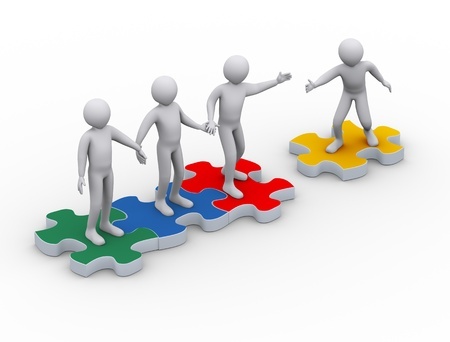When a person suffering from addiction decides to
enter recovery, they are said to be beginning a journey - one that lasts a
lifetime. This journey is a long one, filled with triumphs and potentially some
setbacks. The path to recovery never really ends for those with addiction
issues - it’s one they must stay on their whole life. But while they are making
this metaphorical journey, they can take some time to make some other, more
tangible journeys as well. Travel has an immense healing effect and is a wonderful
tool for those in recovery. Here’s why.
Travel as
healthy escapism
When you have an addiction, you are practicing unhealthy escapism. You drink or do drugs in
order to escape from your daily life - your pain, depression, anxiety, work
stresses, or family problems. The fact that we all need to find ways to take
breaks from the daily stresses of life isn’t unhealthy in and of itself - it’s
the method that’s unhealthy.
Travel can be that bridge toward a healthier form
of escape. Day-to-day life is hard for anyone - but especially for those on a
recovery path. We all need a break, and travel can provide this “escape” in a
healthy, productive way. You’re not running from your problems, you’re simply
taking a break to gain some perspective.
Get some
perspective
Addiction is suffocating. When battling
dependency on a substance, it can seem like all that you know is your addiction
- everything else in the world is blurry or faded. Part of recovery is
understanding that there is so much more to the world than you, your addiction,
and your problems. One of the best ways to gain some perspective on your own
life is to travel. When you visit other places, it’s nearly impossible not to
see yourself as a small part in a large human play. With addiction, the world
is small. With travel, the world is large and full of possibilities. Expanding
one’s worldview is a crucial element of recovery.
Mental
rejuvenation
If you’re in recovery, the chances are you’ve
seen some very hard times in recent memory. Addiction takes the fun out of
life. Recovery is discovering that there is fun and beauty in a sober
lifestyle. Travel gives us the perfect opportunity for this mental rejuvenation.
When you travel, it’s a constant source of inspiration. You meet new people,
see amazing sights, try delicious food, and learn about culture and history.
You have experiences that you didn’t even know existed. At its core, travel is
simply a lot of fun. Having sober fun is vital when it comes to lifting your
spirits and giving you an emotional boost to continue down your recovery path.
Feelings of depression are one of the most common issues people have in
recovery (as addiction and depression are a vicious cycle), and travel may not
“cure” this but it certainly helps you to understand that there are things in
this world to be excited about. In this, way, travel has quite the healing power.
In the end, traveling not only expands your
horizons, lets you discover new, exciting things, and gives you
some time to mentally rejuvenate - it also grounds you. Spending time away from
your friends, family, and job often illuminates why these things are so
important to you. Sober travel is tough, as we associate traveling with wild
times (and a lot of drinking). It may be smart to make sure you’re firmly on
your recovery path before you venture out on an adventure, but once you are
there’s no reason you shouldn’t experience new things. You can get away for
some perspective but still stay connected to home (literally).
Henry is the co-creator of FitWellTraveler. The site blends two of his favorite subjects (travel and health) to provide readers with information about how to get the most out of both. Mr. Moore starts every day by looking at photographs of past travel, making plans for future travel, and committing to one new healthy goal. He enjoys travel, running, swimming and baking. His favorite place in the world is Venice, Italy. The next place on his list to visit is: Fernando de Noronha in Brazil.
Photo Credit
Photo Credit



